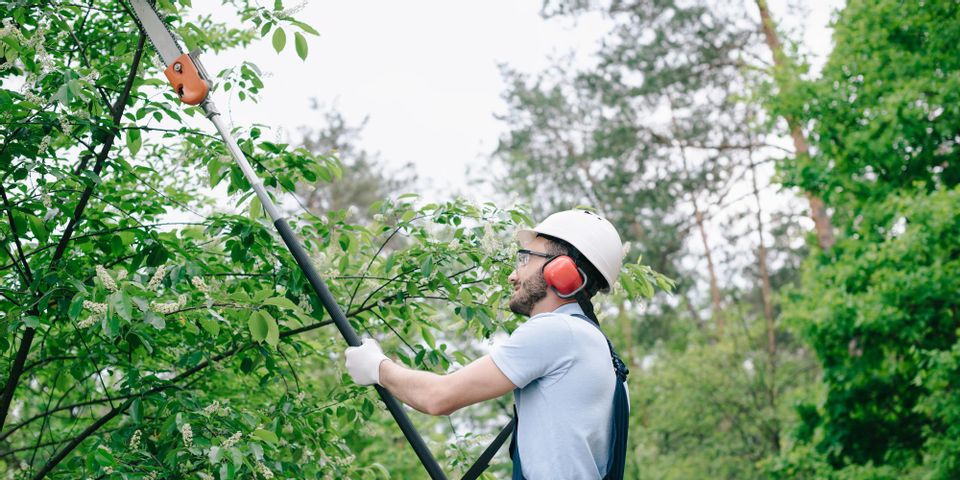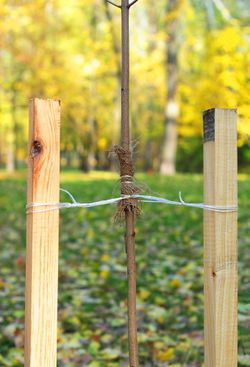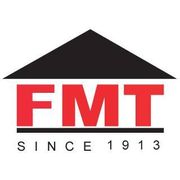Don't Fall for These Common Myths About Tree Maintenance

It’s reasonable to assume trees are fairly self-sufficient. After all, they can thrive for hundreds of years. As homeowners insurance adjusters can attest, though, even the healthiest trees pose a hazard if they don't receive proper care and attention. If you're unsure how to maintain the trees on your property, don't fall for these common myths when getting started.
Common Myths About Tree Maintenance
1. Pruning Is Optional
Regardless of their species, trees should be pruned regularly for optimal health. Overgrown branches won't get the nutrients they need if the root system can’t keep up. This, in turn, will make them more vulnerable to disease. Overgrowth also blocks air circulation, which inhibits the tree’s ability to withstand high winds. What’s more, the added weight threatens the tree’s structural integrity. Whether a single branch or the entire trunk ends up toppling over, the resulting damage could be catastrophic and may not be covered by homeowners insurance depending on the circumstances.
2. Removing Roots Is Part of Pruning
Because their root system is ever expanding, the older trees on your property could eventually pose a few problems. Roots can wrap around plumbing fixtures, for example, creating a substantial homeowners insurance claim. They can also disturb paving until it heaves and cracks. Before you remove problematic roots, though, consult an arborist. Cutting off even a single root could hinder the tree’s ability to absorb water or transport essential nutrients. If this ends up happening, the tree will become increasingly weaker, making it prone to cracking or falling over.
3. Staking New Trees Is Essential 
When planting new trees on their property, homeowners tend to stake them. It’s reasonable to assume their delicate trunks need a little extra support, and most people have seen staked trees at some point. In reality, though, staking can do more harm than good. Trunks need some flexibility as they thicken so they can taper properly. Movement also stimulates root growth. When done incorrectly—or on a species that doesn't actually need it—staking can cause permanent damage that jeopardizes the health and strength of the tree for life. While a tree that developed properly can withstand even fierce winds, one that’s been stunted by stakes might break at a single powerful gust.
By following these suggestions, you may be able to avoid damages that could result in a large homeowners insurance claim. For more information on protecting your property, get in touch with the team at Farmers Mutual of Tennessee. Since 1913, they have provided quality homeowners insurance coverage at an affordable price to residents throughout the state of Tennessee. Their local independent agent will be happy to help you find the right coverage for your home, mobile home, rental dwelling, or farm at a price that suits your budget. Give Farmers Mutual of Tennessee a call today at (800) 824-9555 to get a homeowners insurance quote, and visit them online for more information.
About the Business
Have a question? Ask the experts!
Send your question

